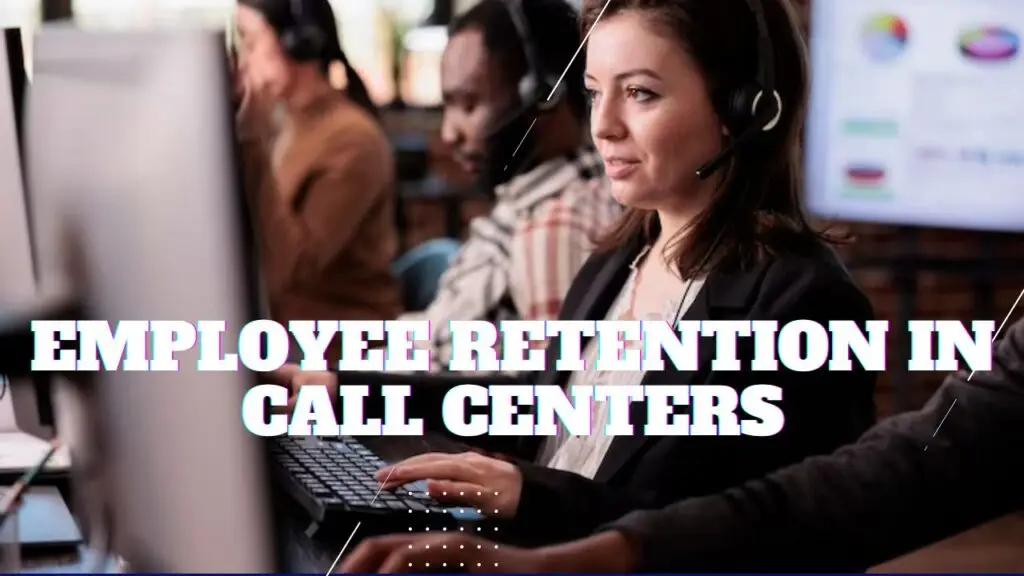One of the most crucial aspects in business development is lead generation. It is used by companies to find new opportunities, reach potential customers, and reinforce revenue goals. The term is used across the board, but the Strategies and approaches differ depending on the nature of the audience. These two are B2B and B2C lead generation.
Although both are targeted at potential customers, the ways, style, and channels of communication vary. The awareness of these differences assists businesses in making the appropriate choice and saving unnecessary time. The present article will discuss B2B and B2C lead generation, meaning, peculiarities of each, and the key differences between them.
Table of Contents
What is B2B Lead Generation
B2B lead generation is the act of identifying and connecting with or getting other companies as prospective clients. It is targeted at the decision makers representing organizations. In contrast to consumer-oriented strategies, B2B campaigns are constructed based on logic, value, and professional credibility.
Key features of B2B lead generation
- Marks at companies, decision makers, and professionals.
- Takes more than one touch-point to convert.
- Based on research-grounded content.
- More time in purchasing because of the multiplicity of stakeholders.
Common B2B lead generation channels
Connected networks such as LinkedIn.
- Email marketing campaigns
- Blogs, whitepapers, and reports as content marketing.
- Webinars and virtual events
- Communities and forums, industry-specific.
The B2B strategies are based on trust, authority, and communication based on information.
What is B2C Lead Generation
B2C lead generation aims at targeting individual consumers and luring them into a brand or product. This is normally quicker than in B2B, and it deals with individual preferences and easier decision-making.
Key features of B2C lead generation
- Buyer-focused.
- A stronger role is played by emotional appeal.
- The buying cycle is shorter
- Frequently motivated by deals, promotions, and immediate communication.
Common B2C lead generation channels
- The social media, including Facebook, Instagram, and TikTok.
- Search engine marketing and paid ads.
- Sponsorships and influencer marketing.
- Optimized e-commerce sites and mobile applications.
- Email campaigns that are discount-driven.
B2C tactics stress convenience, customization, and rapid exchange.
Major Differences Between B2B and B2C Leads
Having an understanding of the difference between the two assists in putting into practice the appropriate approach.
Audience
- B2B: Organizations, professionals, decision makers.
- B2C: Individual consumers
Buying cycle
- B2B: Longer and research-heavy
- B2C: Faster and shorter, and usually impulsive.
Decision-making process
- B2B: It is multiple-stakeholder and step-approved.
- B2C: Typically produced by an individual or a household.
Content approach
- B2B: Educative, informative, research-based.
- B2C: Interactive, emotional, eye-catching.
Lead nurturing methods
- B2B: Follow-ups, ongoing, and built-in relationships, data-led insights.
- B2C: Snappy engagements, retargeting, and offerings.
These distinctions put into perspective the fact that businesses can not use the same approach to both models.
Lead Generation Strategies for B2B
B2B lead B2B lead involves using value-based and authority-based structured approaches.
Effective strategies include
- Account-based marketing: Concentrating on particular businesses or decision makers.
- Creation of content: whitepapers, research papers, and industry intelligence to establish authority.
- Email campaigns: One-on-one communication that is business-focused.
- Professional networking: Establishing relationships via events and sites such as LinkedIn.
- Lead nurturing: Keeping the long-term engagement with the use of CRM tools.
An effective B2B lead nurturing strategy is quality and not quantity-based.
Lead Nurturing Strategies for B2C
B2C strategies are meant to develop expeditious and interactive experiences that result in expedited conversions.
Effective strategies include
- Social media advertisements: Advertisements to demographic groups with attractive images.
- Influencer collaborations: Collaborating with reputable faces to do the work.
- Search engine optimization: This involves ensuring that a company is visible as people search to get products.
- Discount-based promotions: Offers, seasonal offers, and special promotions.
- Retargeting campaigns: reminding customers about carts or perused items that were not purchased.
B2C lead data is volume and quick-action-oriented.
Choosing the Right Approach: Factors to Consider
In deciding whether to pursue a B2B or B2C approach, it is important that businesses evaluate:
- Customer type: Are they sold to companies or individuals
- Products or services should be targeted at either companies or individuals.
- Sales cycle: Are the purchasing processes several-stage or short-term?
- Budget allocation: B2B usually involves a greater investment in content and relationship development, and B2C involves a greater number of ad campaigns.
- Marketing tools: CRM solutions, automation applications, and calling data vendors.
- The correct strategy will require matching resources to the type of audience.
The Role of Data in Lead Nurturing
Good quality data is one of the determinants of successful campaigns. Lack of the correct information leads to wasted budgets and poor conversions in the business.
Importance of data in B2B lead Nurturing
- Helps know the correct decision makers.
- Makes certain of personalized content delivery.
- Enhances account-based marketing.
Importance of data in B2C lead Nurturing
- Enables companies to divide the audiences.
- Enhances personalization and targeting.
- Facilitates improved placement of ads and interaction of customers.
Proven lead sources and reliable calling data providers make sure the campaigns reach the appropriate audience in both B2C and B2B situations.
Common Challenges in B2B vs B2C Lead Generation
B2B challenges
- Complex process of decision-making.
- Longer sales cycle
- Higher cost per lead
- Requirement of regular care.
B2C challenges
- Intense Industry rivalry.
- Short attention span of consumers.
- Tracking and privacy of data.
- Must always be innovative in offers.
Although not the same, the two have the challenge of upholding lead quality.
Conclusion
B2B and B2C has different audiences and needs different strategies. Whereas B2B is based on long-term trust and an information-based campaign, B2C is based on rapid contact and taste. Being aware of these differences is beneficial to the business in order to properly allocate resources and realize improved results.
The position of data providers is vital in the case of organizations that require precise and dependable information to use in campaigns. B2B and B2C can be advanced with the selection of the appropriate source of verified leads.
Frequently Asked Questions
What is the main difference between B2B and B2C lead generation
B2B is oriented to organizations and professional purchasers who have long decision-making and B2C is oriented to individual consumers who have faster purchasing habits.
Which channels are best for B2B lead generation
B2B lead is very popular with LinkedIn, professional email campaigns, webinars, and content marketing.
Which channels are best for B2C lead generation
B2C works best via social media platforms, influencer marketing, search engine advertising, and e-commerce campaigns.
Why is data important in lead generation
Sound data will make sure that businesses target the right people, do not waste their marketing funds, and increase conversion rates.
Can one business use both B2B and B2C lead generation strategies
Yes, there are businesses that run on hybrid patterns and require the implementation of both B2B and B2C strategies, depending on the audience.



